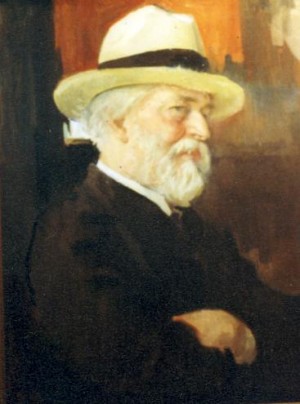A Revolution Begins

1846 lithograph by Nathaniel Currier “The Destruction of Tea at Boston Harbor”
While the town began as a self-reliant farming community in the peaceful Farmington River Valley, its history has always been interwoven with that of the nation.
In the town’s Colonial years, Farmington provided soldiers and supplies for King Philip’s Indian War (1675-1676), Queen Anne’s War (1702-1713), the French and Indian War (1754-1763), and the Revolutionary War (1775-1783).
The town was one of the first in the Colonies to respond to the British blockade of Boston harbor in 1774. A crowd of 1,000 gathered in Farmington for the reading of a bill condemning the closing of the harbor, calling it “arbitrary and tyrannical” and “unjust, illegal and oppressive.” An effigy of the Tory governor of Massachusetts was then carried through the town, tarred and feathered, and set on fire. Later in 1774, Farmington supported an agreement by the First Continental Congress to ban British imports and exports.


